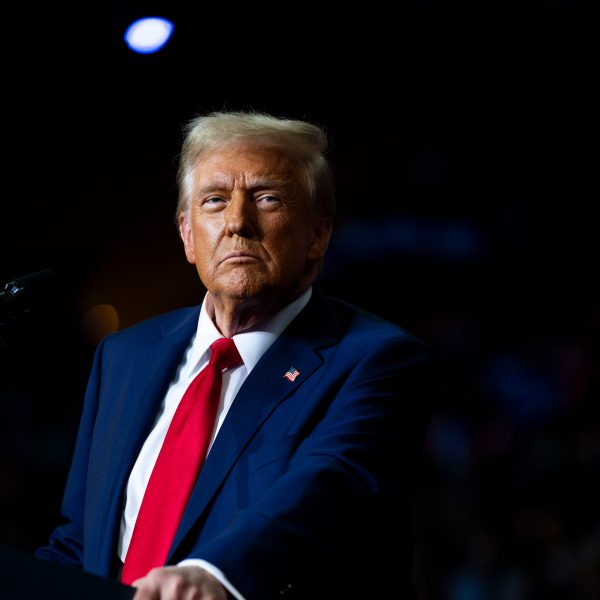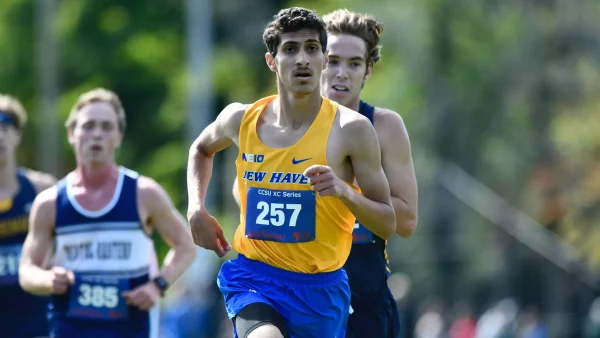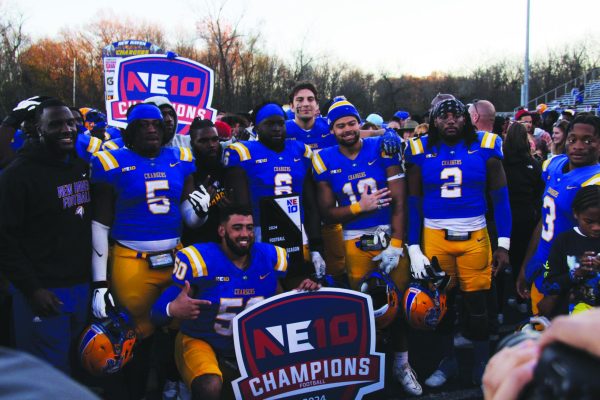MLB moves All-Star Game, sparks political debate
In response to a new Georgia voting law passed by the state’s legislature, Major League Baseball (MLB) has made the decision to move the 2021 All-Star Game away from Atlanta. The game will now be hosted by the Colorado Rockies, which was already in the midst of bidding as a future host site.
“Over the last week, we have engaged in thoughtful conversations with clubs, former and current players, the Players Association, and the Players Alliance, among others, to listen to their views,” league commissioner Rob Manfred said in a statement released on April 2.
The league has also been pushed by President Joseph R. Biden, who expressed his support for moving the game. Now, the MLB has found itself at the center of a political battle, as former President Donald J. Trump and his supporters are now calling for a boycott of baseball.
The announcement marks the first such action from a professional sports league since the NBA moved their 2017 All-Star Game out of Charlotte, N.C. over a bill that limited LGBTQ rights.
Georgia’s 98-page election law has drawn criticism from activist groups concerned with its impact on people of color, including its potential restrictions to voting access. The law implements new regulations on drop boxes, providing specifics on where they can be placed and when they can be accessed. It also makes absentee voting more difficult, requiring people to have a qualifying form of identification to vote through the mail.
Another contested aspect of the bill prohibits voting station volunteers from giving food and water to voters in waiting lines. Voting rights advocacy groups view this as targeting the problem of long voting lines in highly populated areas of Atlanta.
State lawmakers will also get more power over county and local elections, as the General Assembly will now select a chair for the state elections board, according to the Washington Post. While the chair is supposed to be nonpartisan, the historically Republican-led legislature will have more control over the position.
The efforts to change the voting laws come after the high-profile 2020 presidential election, which saw many Republicans question the process’s integrity. This was headed by former president and incumbent candidate Donald J. Trump, who accused voting machines and absentee ballots of impacting the outcome.
Though no evidence has been found of any such widespread fraud, the GOP has taken early steps to implement measures that make voting more difficult.
Supporters of the bill argue that the addition of stricter voting identification laws are critical for absentee ballots. Georgia Gov. Brian Kemp (R) signed the bill into law on Mar. 26 and said that, despite what voting rights activists claim, it actually expands access. The law offers a minimum number of drop boxes, an additional day of early voting and more resources for precincts to combat long lines.
The financial impact of the MLB’s decision is also significant, with estimates expecting to cost Cobb County $100 million from potential revenue. Newly elected Democrat senator Jon Ossoff and voting rights activist Stacey Abrams have expressed disappointment in the MLB’s move from Atlanta, citing the impact Georgians face by both this bill and the removal of the All-Star Game.
“As I have stated, I respect boycotts, although I don’t want to see Georgia families hurt by lost events and jobs,” Abrams said in a statement on Twitter. “Georgians targeted by voter suppression will be hurt as opportunities go to other states.”







